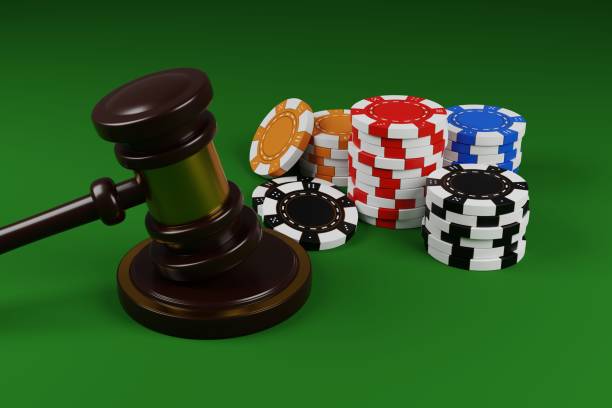Gambling’s Economic Benefits and Social Costs
Legalized gambling is somehow a blessing for both governments and communities. A blessing as this offers economic benefits like jobs and tax revenue. But it comes at a social price where consequences lies ahead including addiction, crime, and bankruptcy. Juggling these two is a tightrope walk that requires planning and control.
Balancing Profit and Pain
The Economic Benefit
Supporters of gambling liberalization emphasize the economic benefits. They say a controlled industry is a great driver of economic growth. A new casino or legal online betting market can generate jobs from dealers and security guards to marketing and IT specialists. Gambling tax revenue can be a major source of revenue for a state or local government. This money goes towards things like schools and roads. This can make the community better for everyone.
The Social Cost
But the social costs of gambling are high and hard to quantify. The biggest worry is problem gambling which can result in bankruptcy crime and broken families. These problems strain social services law enforcement and the health care system. Critics also argue that gambling tends to extract money from local people rather than attracting new money from outside the area. It can take business away from other local businesses.
Concluding Thoughts
Liberalizing gambling is a choice about what a community values. It’s money vs. people. With tight rules and funding responsible betting programs governments can level the playing field. Planning is required to ensure that the economic benefits are not too expensive.


 Political decisions might also affect the market accessibility for online casinos. Players may have restricted access to particular casino sites in areas where gambling is highly regulated or prohibited. On the other hand, areas with more lenient gambling regulations could witness an explosion of Internet casinos, which would drive more competition and higher site ranking requirements.
Political decisions might also affect the market accessibility for online casinos. Players may have restricted access to particular casino sites in areas where gambling is highly regulated or prohibited. On the other hand, areas with more lenient gambling regulations could witness an explosion of Internet casinos, which would drive more competition and higher site ranking requirements. There is a strong regional concentration of casinos, which is a big economic force. They engage in heavy campaign contributions to safeguard their interests and impact policy. This can take many forms, including monetary donations to politicians and support for lobbying initiatives.
There is a strong regional concentration of casinos, which is a big economic force. They engage in heavy campaign contributions to safeguard their interests and impact policy. This can take many forms, including monetary donations to politicians and support for lobbying initiatives.







